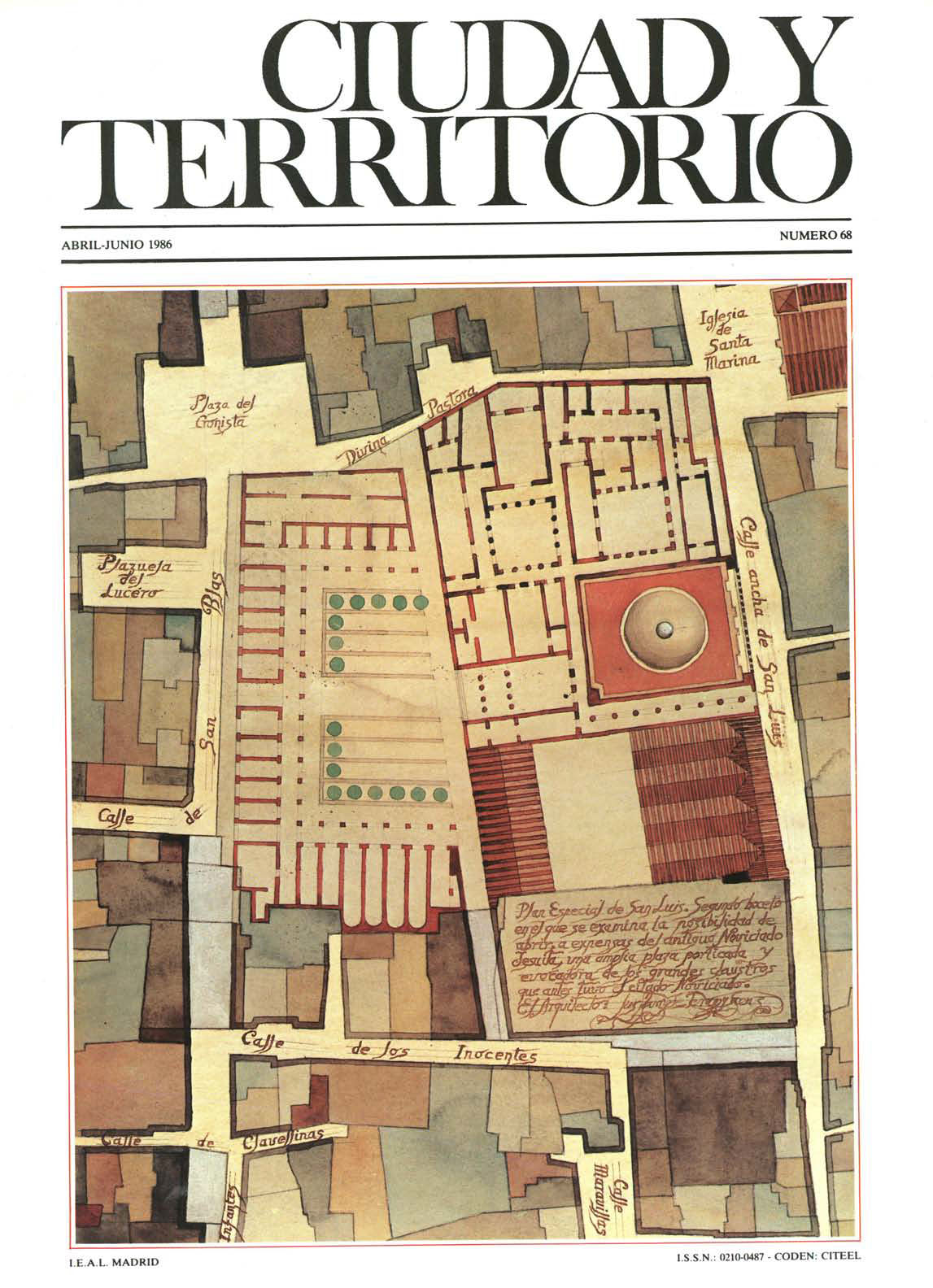The theory and practice of Inter-Territorial Compensation Fund
Abstract
Not all the theories that deal with the problem of the growth of inequalities as between different national regions go on to recommend the use of regional development funds as a panacea for such inhalances, only those that apriori see the open market as being incapable of righting such phenomen a being given to recommending this sort of corrective action. The Spanish Constitution of 1978 would seem to have lent its ear to the council of the latter school when creating the Inter-Territorial Compensation Fund. The author, in a somewhat critical tone, tells of the highways and bye-ways wandered by the notions behind the setting up of this fund within the Constitution itself from its early days on through the law that governs its workings, then through the LOCFA and on to the cross-roads of the Autonomic Goverment Agreements of the summer of 1981. Many of the fine hopes that the passing of the Inter-Territorial Compensation Fund legislation gave rise to have withered on the stem, some because the original purpose of it has lost its point, some because of its not being used to favour those backward regions that most needed its assistance, some because of its being used to do little more than patch and mend the holes in the budgeting of the Autonomic Communities. The author concludes by saying that for all its inadequacies, the Fund is still a necessity and, as such, must be kept in being.
Downloads
Downloads
Published
How to Cite
Issue
Section
License
Copyright (c) 1986 Laureano Lázaro Araujo

This work is licensed under a Creative Commons Attribution-NonCommercial-NoDerivatives 4.0 International License.
Considering the provisions of the current legislation on Intellectual Property, and in accordance with them, all authors publishing in CyTET give -in a non-exclusive way and without time limit- to the Ministry of Transport, Mobility and Urban Agenda the rights to disseminate, reproduce, communicate and distribute in any current or future format, on paper or electronic, the original or derived version of their work under a Creative Commons Attribution-NonCommercial-NoDerivative 4.0 license International (CC BY-NC-ND 4.0), as well as to include or assign to third parties the inclusion of its content in national and international indexes, repositories and databases, with reference and recognition in any case of its authorship.
In addition, when sending the work, the author(s) declares that it is an original work in which the sources that have been used are recognized, committing to respect the scientific evidence, to no longer modify the original data and to verify or refute its hypothesis. Author(s) also declare that the essential content of the work has not been previously published nor will it be published in any other publication while it is under evaluation by CyTET; and that it has not been simultaneously sent to another journal.
Authors must sign a Transfer of Rights Form, which will be sent to them from the CyTET Secretariat once the article is accepted for publication.
With the aim of promoting the dissemination of knowledge, CyTET joins the Open Journal Access (OA) movement and delivers all of its content to various national and international indexes, repositories and databases under this protocol; therefore, the submission of a work to be published in the journal presupposes the explicit acceptance by the author of this distribution method.
Authors are encouraged to reproduce and host their work published in CyTET in institutional repositories, web pages, etc. with the intention of contributing to the improvement of the transfer of knowledge and the citation of said works.








 Enlace a CyTET en Linkedin
Enlace a CyTET en Linkedin